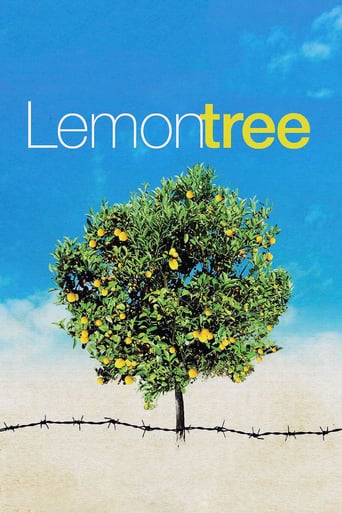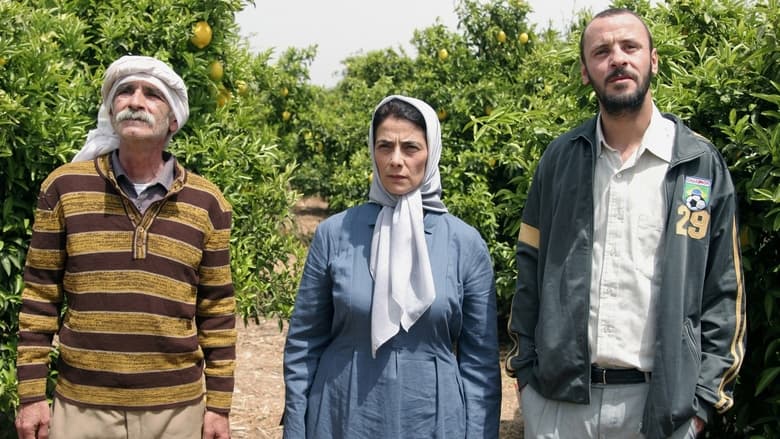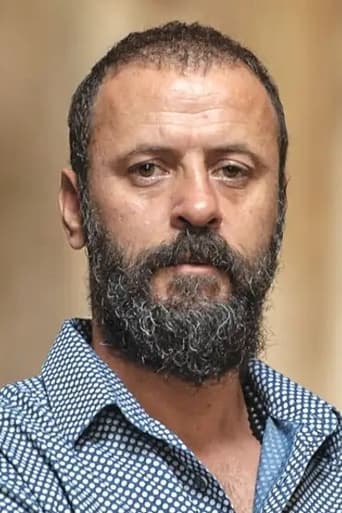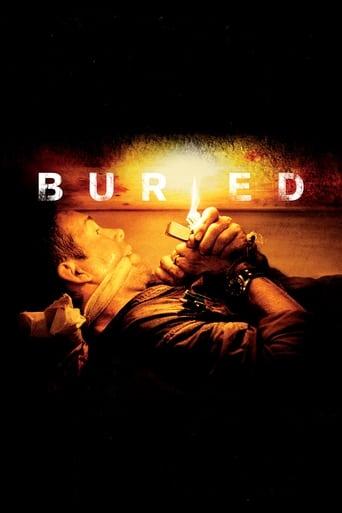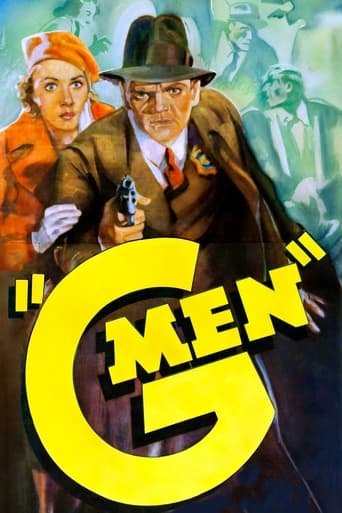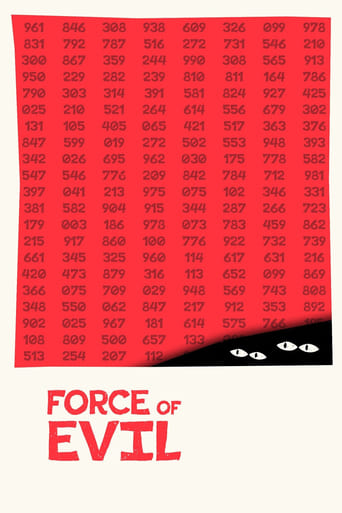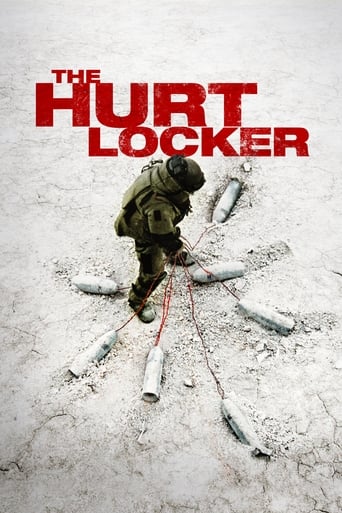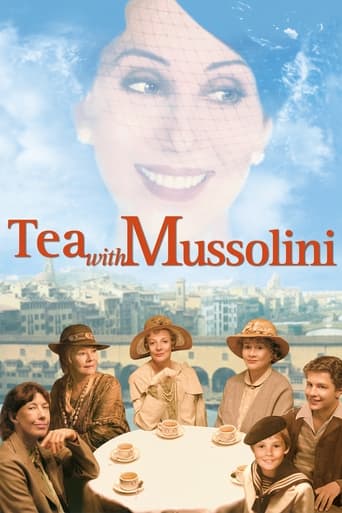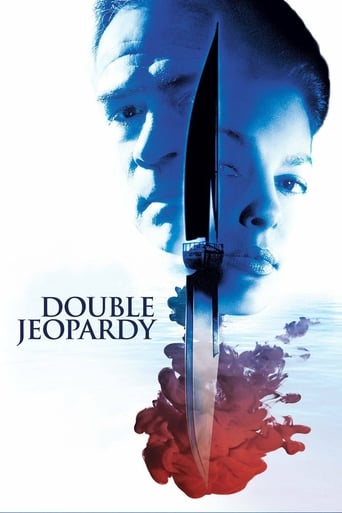Lemon Tree (2008)
Salma Zidane, a widow, lives simply from her grove of lemon trees in the West Bank's occupied territory. The Israeli defence minister and his wife move next door, forcing the Secret Service to order the trees' removal for security. The stoic Salma seeks assistance from the Palestinian Authority, Israeli army, and a young attorney, Ziad Daud, who takes the case. In this allegory, does David stand a chance against Goliath?
Watch Trailer
Cast


Similar titles
Reviews
So much average
Don't listen to the Hype. It's awful
Beautiful, moving film.
Blistering performances.
Salma Zidane is a widow scrapping by a living from her grove of lemon trees in the West Bank that was inherited from her father. The Israeli Defense Minister Navon and his wife move in next door. The Secret Service wants to cut down the trees but Salma resists. She gets young lawyer Ziad Daud to take the case. Mrs. Navon is sympathetic but the military bureaucracy marches on. It becomes a media cause as the case rises to the Supreme Court.This is an anti-wall movie. The two female leads are very compelling. There are missing scenes that would have propelled this to the next level. The movie is building up to a meeting between the ladies but the security guard stops Mrs. Navon. That would have been a very compelling scene but the movie choose to go another way. There is also a bombing but the movie chooses not to show it. I would rather not have a bombing at all. These two women are great characters and this is an almost great movie.
Lemon Tree is a very good small film. I am not familiar with Israeli & Palestinian culture further than what is told everyday on the news and all. Is a surprisingly good film. It uses various filmmaking techniques to make the story as thematic as possible. The predominant green and light-green colors in the art direction's palette scheme, for example - remind us the color of the lemon. The story itself can be seen as an allegory to the conflicts between Palestinians and Israeli. They both wants different things from a same tree, and they fight until no tomorrow to 'make their wishes come true'. Even a perhaps "small thing' can turn into a national problem. Also, the character development is just fine, and so is the acting. It goes overly dramatic a little bit, but nothing than can diminishes the qualities of the film.
It's about dignity and hope in individuals. About a woman standing up for her rights and on the path freeing herself from social conventions. About another woman learning from simply observing the first one standing up to stand up too (though mostly for herself). About the fact that a nation can't be considered as having an unique position and that reality is always more subtle. Hence about the fact that hope can come from individuals who might change their nation, step by step (I am far too much an utopist on this one, given the outcome of the film). It's also (obvioulsy given the plot) about politics, and quite especially about public relations in politics. Especially also about how individual lives serve political interests, regardless of how these lives could evolve. The outcome doesn't reach the expectations you build watching the film, so it's finally also about how the Middle-East conflict is not ready to be solved, at least not within a short time. At last Hiam Abbass, playing the main character, is just amazing.
This film is rich in irony. It presents a microcosm of Israeli-Palestinian relations that go nowhere and lack empathy, but create torment for both sides. The Israeli Defense Minister and his wife (the Navons) move into a large, modern home at the Green Line, the border of the West Bank of the Jordan River to the east. Their neighbor is a middle-aged widow (Salma Zidane) who lives alone in a stone house and tends a lemon grove she inherited from her father from which she ekes a modest income. She is assisted by an elderly man who has worked for the family for 50 years. The defense minister's nervous security chief draws down on the two of them as they walk through the grove and surprise him. They never give each other more than uninterested glances. The defense minister accepts the advice that the grove must be cut down for security purposes.The widow receives notice written in Hebrew from a Hebrew-speaking soldier. She does not speak the language and goes to a town elder to translate, invading the all-male sanctum of a social hall. Although the letter offers the possibility of compensation, the elder warns her that her people do not ask the occupying Israelis for it. Soon the grove is fenced in and posted. When she sees the trees turning brown from lack of water and lemons spoiling on the ground, Salma climbs the fence in the long dress to care for the trees. She panics even the distracted soldier in the watch tower who spends time in the tower listening to tapes with inane sample questions to prepare for a logic test. He speaks Arabic, so they can converse.Salma finds a Palestinian attorney in town in a shabby office to take her appeal of the taking of her grove to Israeli court. His name is Daud and like the David of the Jewish Bible, he agrees to take on the giant. He doesn't ask for a fee. The minister's wife (Mira Navon) observes the widow several times. Their eyes meet, but they never greet. They wouldn't likely be able to speak a common language if they did and learn that they each have a child living in Washington DC whom they call. They are close in age and similar in appearance, tall and slim with long, brown hair. One dresses in pants suits, the other in dark long skirts and head covering in front of men. Mira asks her husband to dissolve the order to rescind the order to cut down the grove. He says he will rely on the decision of the Israeli security service. When the Navons throw a big housewarming party, they serve catered Mideastern food, taking care it is kosher for their politically connected orthodox guests. When they realize the caterer did not include an important item, lemons, they send a couple of soldiers to collect some from the fenced grove. When Salma sees them, she climbs the fence again and physically struggles with the soldiers, falling to the ground and being dragged briefly until the minister orders the soldiers to stop. The minister's wife apologizes in Hebrew, her first spoken words. The party is interrupted by gunshots coming from the grove. Armed soldiers search the widow's house for terrorists and leave its contents in shambles after they don't find anyone. Meanwhile their conflict attracts local, then international, news. The grove owner loses in the military court. She wants to appeal to the Israeli Supreme Court in Jerusalem. In the end the solution is not satisfactory to either side, not an uncommon result in litigation. Could the Israeli defense minister and the grove owner found a way to resolve their concerns in a mutually agreeable way? Probably if they had tried to talk. Both sides were defiant. Will their respective peoples be able to resolve their disputes and live in peace and cooperation for a better life? The film does not give as hope, but shows the need.

